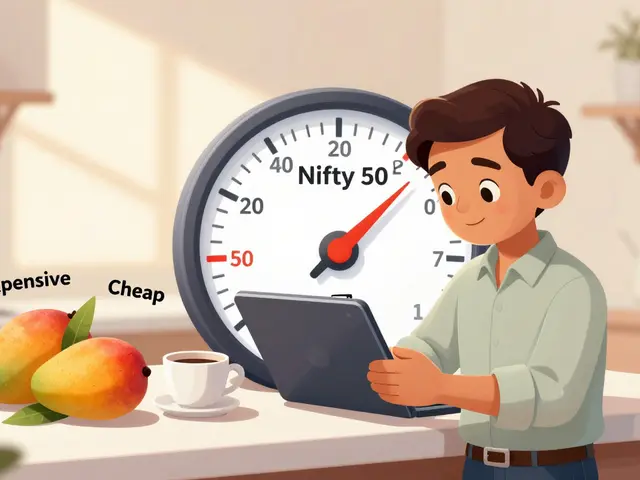Over-the-Counter Health Tips You Can Use Today
When you need fast relief, you reach for the medicine cabinet. But not all over-the-counter (OTC) products work the same way, and a few simple rules can keep you safe and effective. Below you’ll find quick pointers on nasal drops, car emergency meds, and cutting through health myths—all in plain language.
How to Choose the Right Nasal Drops
First, check what you need: decongestion, moisturization, or allergy relief. Saline sprays are gentle and good for everyday dryness. If a blocked nose is making it hard to breathe, a decongestant drop with oxymetazoline works fast, but only for three days straight. Going longer can cause rebound congestion, so set a timer.
Look at the label for concentration. A higher percentage means stronger action but also more chance of irritation. For kids, pick a pediatric formula and avoid sprays that contain alcohol. If you’re unsure, ask a pharmacist— they can match a product to your specific symptoms.
Essential Over-the-Counter Meds for Your Car
Driving long distances means you might face a cut, allergic reaction, or sudden headache. Keep a small, organized kit in the glove box. Include these basics:
- Band-aids and sterile gauze for minor cuts.
- Antiseptic wipes or spray to clean wounds.
- Antihistamine tablets (like cetirizine) for unexpected allergies.
- Acetaminophen or ibuprofen for pain and fever.
- Motion-sickness tablets if you get queasy on winding roads.
Store everything in a waterproof pouch and replace items that expire. A quick check before each trip saves you from scrambling at the worst moment.
Spotting Health Myths About OTC Meds
There’s a lot of noise online about “miracle” pills that cure everything. Most of these claims lack scientific backing. For example, some products say they boost immunity overnight. The reality is that a balanced diet and proper sleep do the heavy lifting; a single supplement can’t replace them.
Another common myth is that “stronger” means better. Overusing painkillers can damage your liver or stomach. Stick to the recommended dose and only take them when needed. If you find yourself reaching for a bottle daily, talk to a doctor.
Remember, OTC medicines are meant for short‑term relief. If symptoms linger beyond a week, it’s a sign you need professional care.
Quick Checklist Before You Buy
Before you grab an OTC product, ask yourself these three questions:
- Do I understand what the active ingredient does?
- Is the dosage appropriate for my age and health condition?
- Have I checked for possible interactions with any prescription meds I’m already taking?
If the answer is yes, you’re likely making a safe choice. If not, a quick call to your pharmacist can clear things up.
Over-the-counter options are convenient, but they work best when you treat them with the same care you’d give a prescription. Use these tips, keep your kit stocked, and you’ll stay ahead of common hiccups without a trip to the clinic.

Explore top pharmacy products with science-backed effectiveness. Find out which remedies actually work, discover surprising facts, get helpful tips and real product data.
Continue Reading





